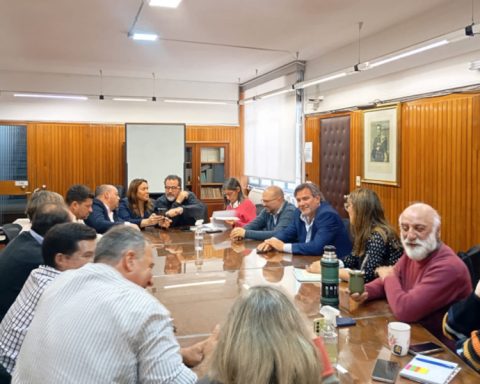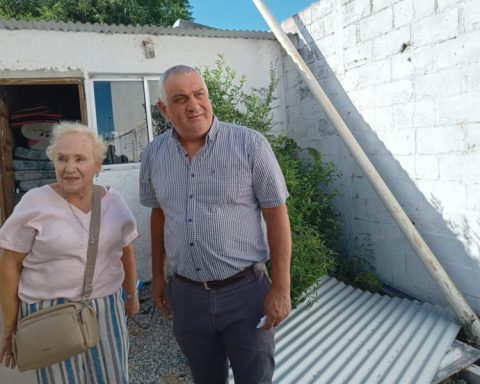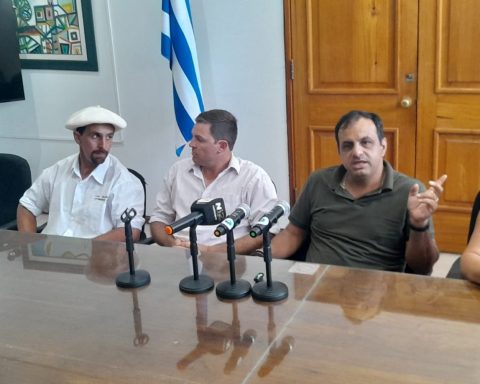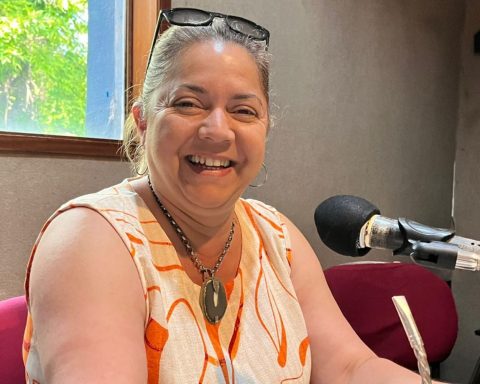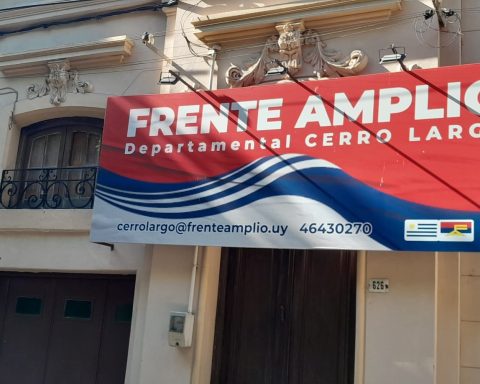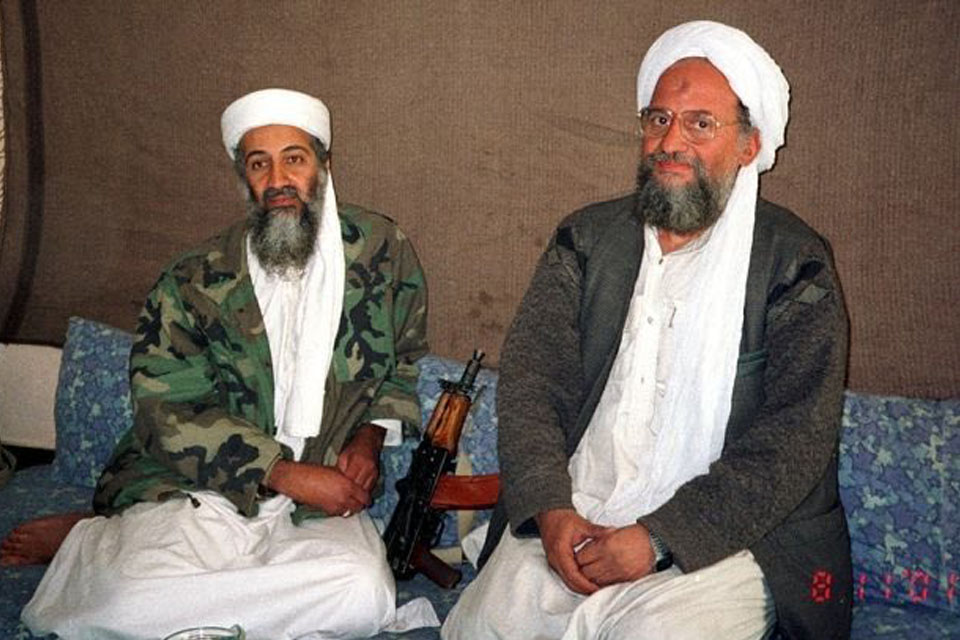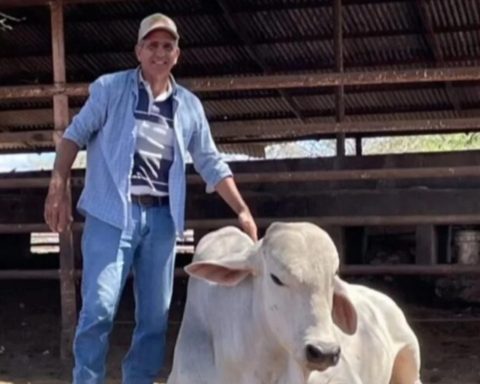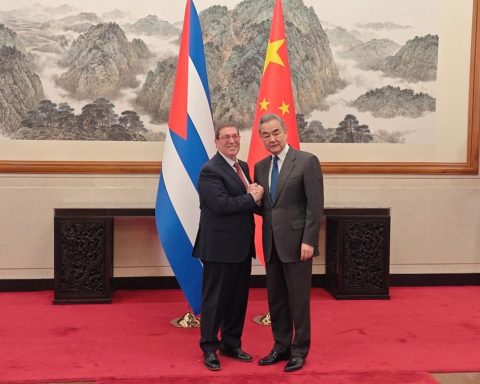On Thursday, August 11, and by absolute majority, the General Assembly of the Executive Power will finally appoint the five new directors of the National Human Rights Institution (Inddhh). So it will be after two successive votes this Monday in which it was far from gathering the two thirds of wills necessary to ratify them, in the midst of a tough debate on a process that is generating controversy for several weeks.
The 26 names that had been submitted to the General Assembly were submitted to the first vote. Two of them were previously eliminated for reasons of form: Fernando Menéndez and Federico Álvarez Petraglia. Both failed to comply with the regulations by having held positions of trust in the State in previous years, according to the National Civil Service Office (ONSC).
Of the other 24, there were 20 that received votes, although, of course, far from the one required in this instance. In any case, these primary results are an indication of how the coming discussion will be processed.
The government coalition resolved this Monday to divide its votes into two blocks of five candidates each, considering the preferences of each of its members. The most voted there were María Jimena Fernández, María Sofía Maruri, Gloria Robaina, Carmen Rodríguez, Pablo Galain, Marcos Israel, Bernando Legnani, Javier Palummo, Dardo Rodríguez and Santiago Ruete.
Without any kind of chance, Robert Parrado received two votes and Sergio Molaguero was voted for by only one legislator. Gabriela Fulco, Diego Burgueño (who had previously withdrawn), Marcelo Cantón and Juan Tabaré Martínez finished without support.
The Broad Front (FA), which throughout the election process ratified its discrepancies over and over again, voted en bloc for four candidates: the current directors of the Inddhh Wilder Tayler and Mariana Mota, along with Ana Agostino and Jaime Saavedra.
The opposition decided this Monday to distribute its fifth vote in minority support to other candidates. Mariana Wschebor, Óscar Rorra, Daoiz Uriarte and Nelson Villarreal were mentioned in this way. None of them already have a real chance of being elected. Some FA votes also went to Palummo, who appears as the only candidate who received support from both sides of the political spectrum.
In the second vote on Monday, the necessary majorities for some designation were not reached either, although a certain decantation of votes marked the preferences a little more. Technically, the most voted were Mota, Agostino, Saavedra and Tayler (45 votes). All supported by the opposition that, in any case, is at a crossroads.
The next session, on Thursday 11, will be final. As established by law, the five directors may be appointed by an absolute majority of the total components of each chamber. There are 50 deputies and 17 senators, which represents a challenge for the Broad Front.
The governing coalition plans to uphold the decision to appoint four of the directors, leaving the fifth in the hands of the opposition. If the FA maintains its position of questioning this whole procedure, it runs the risk of being left with nothing. If you accept the formula, you must also choose. His preferences are clearly in favor of Tayler and Motta. One of the two will be left out.
They don’t have it easy in the ruling party either. Of the four directors previously assigned, two would remain in the hands of the National Party, one will be for the Colorado Party and the other for Cabildo Abierto. This is a formula that has already left out Dardo Rodríguez, who had been promoted by the Independent Party.
Blancos, colorados and Cabildo Abierto must agree on four names from a list of eight applicants. There the nationalists continue to postulate Maruri, Rodríguez, Galain, Israel, and Ruete. Nor is it easy for Colorados. They will have to choose between two applicants for a single position, since Jiménez is promoted by Ciudadanos and Robaina by Batllistas.
Cabildo Abierto, meanwhile, has the appointment of its sponsor, Legnani.
